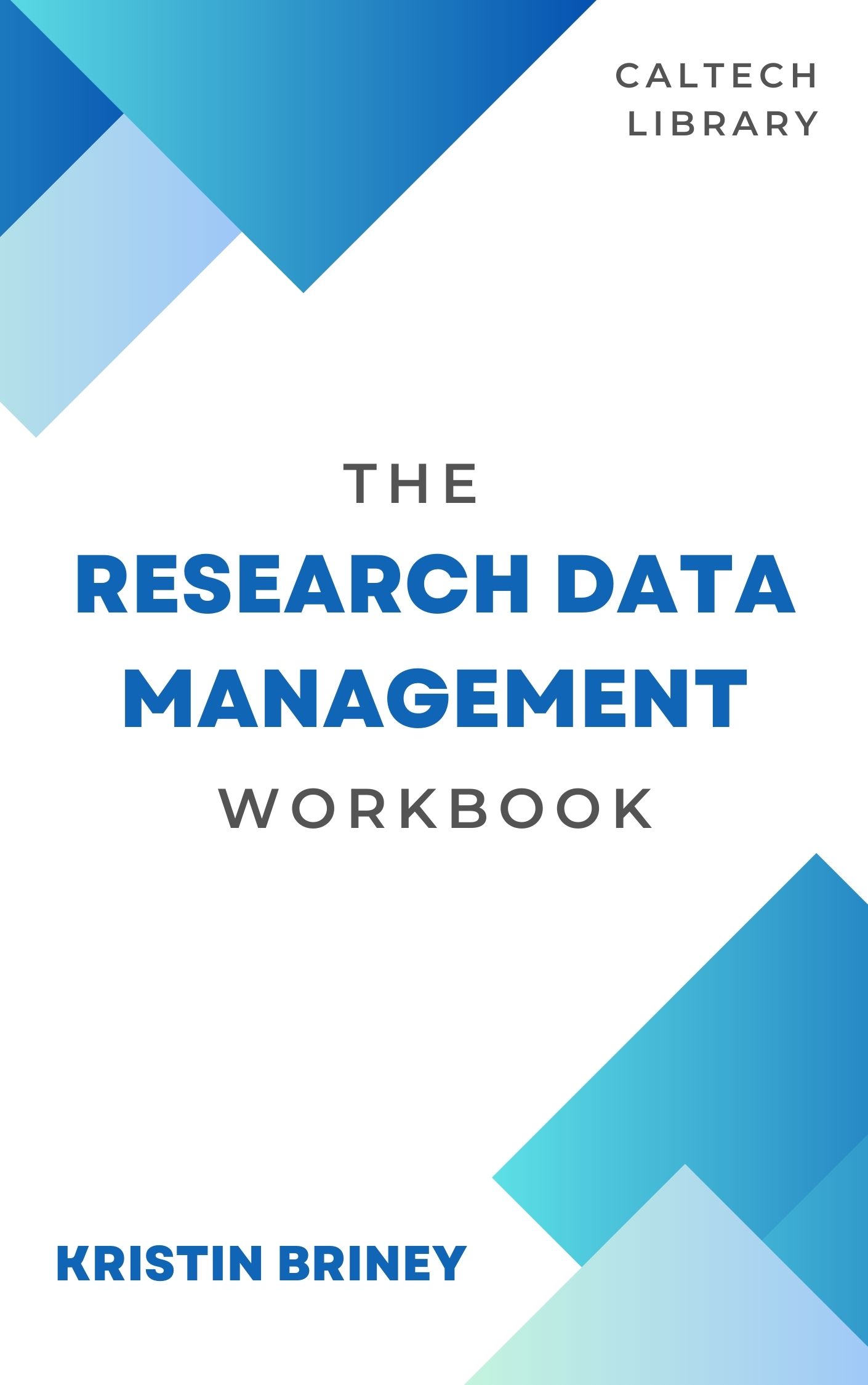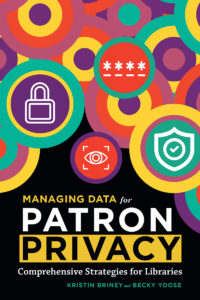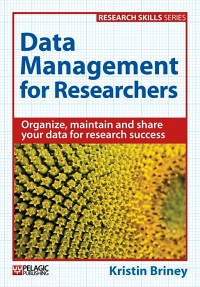It’s been a very big month for me: I graduated from the University of Wisconsin-Madison in May and promptly got a job as Data Services Librarian at the University of Wisconsin-Milwaukee. The combination represents big life changes and a lot of new information to process. The result has been a lot of thinking about data but not being able to organize these thoughts until recently. Now that I have a better understanding of my new job, I think it will be good for me to put some of my recent thoughts into a (hopefully) coherent post.
One thing I should say is that I’m coming into an environment where there is a lot of interest in data management but no one person who is centrally responsible for data management on campus. This is an entirely new position and I am the first person on campus whose whole job it is to address data management issues. I’ll therefore play a large role in shaping the so-called ‘data services’ from which my job title derives.
So what are ‘data services’ exactly? Well, they can be a lot of things. A recent white paper (pdf) from the Association of College & Research Libraries (ACRL) surveyed libraries on the types of services they offering around research data. The services covered in this report include:
- Consulting on data management plans
- Consulting on data and metadata standards
- Outreach with other data service providers on campus
- Providing reference support in finding and citing data sets
- Creating guides for finding data
- Directly participating in research projects
- Discussing data services with others on campus
- Training librarians and others on campus
- Providing repository services
A surprisingly large percentage of the surveyed libraries already provide some or all of these data services or plan to do so in the near future. And it isn’t just the large doctoral institutions that are doing this, though they are more likely to offer data services than other types of universities/colleges. It’s quite possible that your institution offers something similar, though be aware that it may not be through the library.
That’s the thing about data services—it’s not just a library issue. Certainly, there are particular data services that the library is in a unique position to provide (such as assistance with finding and citing data sets), but dealing with research data involves other stakeholders, such as IT and the campus divisions that support research and the faculty whose data we’re supporting. For this reason, I’ve spent a lot of time at my new job meeting with a wide range of people from across campus. I’m not sure what the campus-wide efforts around research data will be, but I can say what I’m looking to do initially in my role as Data Services Librarian.
First, I’m focused on grant compliance. The requirement for NSF proposals to include data management plans means that this is a clear nucleus for discussion of data management on campus. Additionally, the White House OSTP memo’s promise that data plans will become standard for all federal grants means that the need for data management plan assistance will only grow in the coming years.
The other area I’m focusing on is training in data management and writing data management plans. If I only do one thing in this position, it will be to give researchers the tools they need to manage data well. These sessions will be aimed at faculty, students, and staff, though I must say that I have a soft place in my heart for working with grad students in this area.
I’m still working out the details of these two services and the best ways to advertise them on campus, but those are my current thoughts. I wholly expect my ideas to evolve over time, just as I expect data services to evolve over time. Because data services isn’t a static, one-size-fits-all kind of thing. Such services must meet the needs of the individual university and, especially because it’s data, those needs are likely to be continually changing.
So those are my current thoughts on my new position and how I’m approaching data services at UW-Milwaukee. I hope these thoughts were coherent enough and you have a better sense of the types of things I will be working on. I’ll be sure to share any new and interesting things from the job as they arise!




